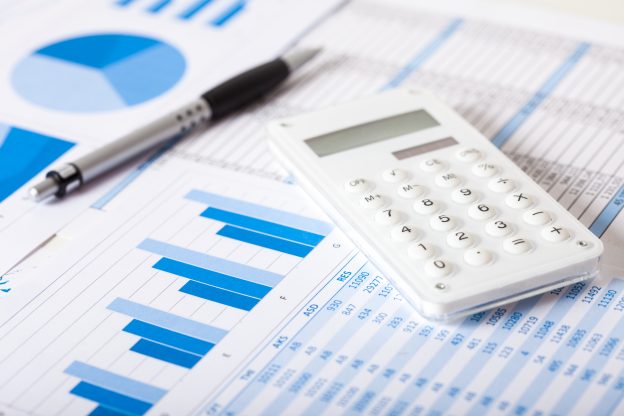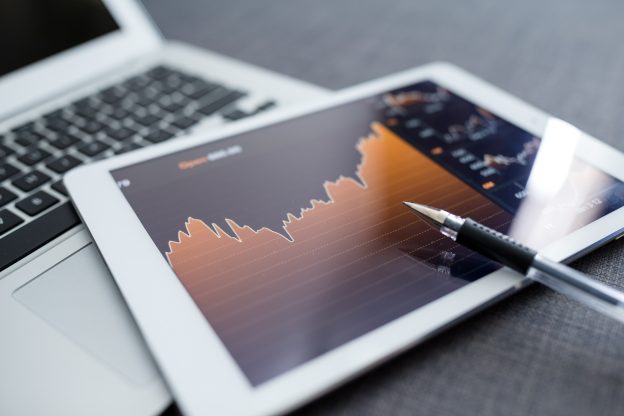European solar systems rely on Chinese products. According to Eurostat, three-quarters of EU solar modules imported in 2020 came from China.
Europe imported 8 billion euros worth of solar panels in 2020, but only exported 1.8 billion euros of modules. Solar panel pricing is also falling based on import volume and value. The volume of European imports of solar energy products in 2020 was 250% of its 2015 volume but total value was lower than the 2012 record. The value of European solar exports was the same as 8 years ago.
According to 2020 statistics, China is Europe’s main source of imported solar modules, accounting for 75% of the market. Remaining imports break down as follows: Malaysia 6%, Japan 4%, South Korea 3% and Taiwan, the United States, and the United Kingdom each account for 2%.
China is also one of the important export markets for European solar module manufacturers, accounting for 8% of shipments. The United States is the main buyer of European solar manufacturers, accounting for 18% while 14% of European solar panels are shipped to Singapore, 11% are shipped to the UK, 7% are destined for Switzerland, and Malaysia and Taiwan each account for 6% of Europe’s solar export market.
However, Europe also wants to increase its future production capacity in terms of solar energy after experiencing the impact of the COVID-19 pandemic, facing port congestion, and coping with the expanding demand for renewable energy. At the same time, the EU also hopes to include the carbon footprint of imported solar panels in the "Carbon Border Adjustment Mechanism Plan." These factors have continuously promoted the development of solar manufacturing in Europe.
Minister for the Ecological Transition of France, Barbara Pompili, stated by video from Brussels, the 27 EU member states should ensure that the supply of high-tech products such as wafers and solar panels does not rely Chinese manufacturing. The EU must also ensure that new technologies such as hydrogen energy remain in Europe. Europe has learned from the experience of COVID-19 the importance of improving the safe supply of and reduction of dependence on China for key raw materials in order to consolidate national sovereignty.
In fact, in 2013, the European Union used anti-dumping and anti-subsidy duties against Chinese solar products on the grounds of preventing low-price dumping. If China’s solar energy imports exceeded the EU’s minimum price standards, they could be sold tax-free, and if they fell below a minimum price, they would be subject to a 64.9% tariff. The measure ended as scheduled on September 4, 2018.
(Image:pixabay)







